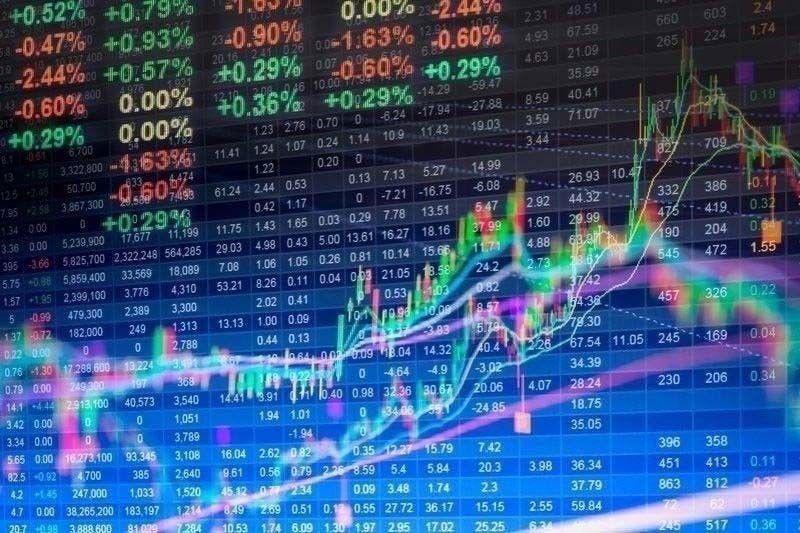Stocks revisit new lows as ME war, rates weigh
Global shares hit seven-month lows yesterday as the risk of a wider conflict in the Middle East and the prospect of a long stretch of high interest rates soured sentiment at the start of a week full of mega-cap earnings and key data. Global shares have hit seven-month lows due to the risk of a conflict in the Middle East and high interest rates. Bonds were also under pressure as US 10-year Treasury yields hovered around five percent, pushing borrowing costs across the globe and testing equity valuations. The recent surge in bond yields has tightened monetary conditions without central banks having to act, allowing the Federal Reserve to signal it will likely stay on hold at its policy meeting next week. The VIX “fear index” of US stock market volatility hit its highest since March. The MSCI All-World index was last down 0.1 percent, at its lowest since late March. Meanwhile, the broadest index of Asia-Pacific shares outside Japan slipped 0.5 percent to its lowest in almost a year.

게시됨 : 2 년 전 ~에 의해 Iris Gonzales ~에 Business Finance
Stocks revisit new lows as ME war, rates weigh
Bonds were also under pressure as US 10-year Treasury yields hovered around five percent, pushing borrowing costs up across the globe and testing equity valuations.
MANILA, Philippines — Global shares hit seven-month lows yesterday as the risk of a wider conflict in the Middle East and the prospect of a long stretch of high interest rates soured sentiment at the start of a week full of mega-cap earnings and key data.
Bonds were also under pressure as US 10-year Treasury yields hovered around five percent, pushing borrowing costs up across the globe and testing equity valuations.
Washington warned over the weekend of a significant risk to US interests in the Middle East as ally Israel pounded Gaza and clashes on its border with Lebanon intensified.
The recent surge in bond yields has tightened monetary conditions without the central banks having to do anything, allowing the Federal Reserve to signal it will likely stay on hold at its policy meeting next week.
The jump in the 10-year Treasury yield towards the five percent level has challenged equity valuations and dragged most major indexes lower last week, while the VIX “fear index” of US stock market volatility hit its highest since March.
The MSCI All-World index was last down 0.1 percent, at its lowest since late March, when turmoil that had gripped the global banking sector started to subside.
MSCI’s broadest index of Asia-Pacific shares outside Japan slipped 0.5 percent to its lowest in almost a year.
At the Philippine Stock Exchange, the benchmark index closed at 6,088.44, down by 54.46 points or 0.89 percent, while the broader All Shares index slipped to 3,303.06, down by 26.36 points or 0.79 percent.
Total value turnover was thin at P3.3 billion. Market breadth was overwhelmingly negative, 123 to 50, while 55 issues were unchanged.
Unicapital Securities said uncertainties arising from the Israel-Hamas conflict dragged the market. Comments from the US Fed also weighed on sentiment, as it highlighted potential rate hikes beyond the next expected 25 basis points or a delay in rate cuts.
In the US, corporate profits should be supported by the strength of consumer demand with figures on gross domestic product this week expected to show annualized growth of a heady 4.2 percent in the third quarter, and nominal annualized growth possibly as high as seven percent.
“At the same time, last quarter’s modest rise in hours worked points to a strong productivity gain and surge in corporate profits,” wrote JPMorgan chief economist Bruce Kasman in a note.
주제: Markets
